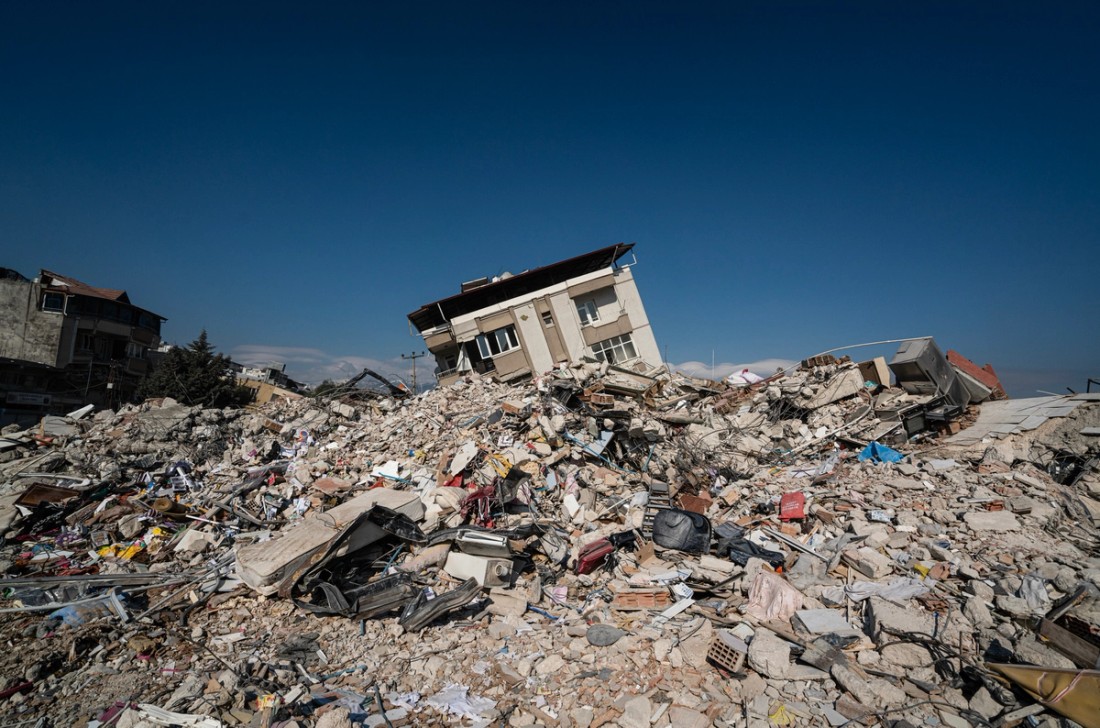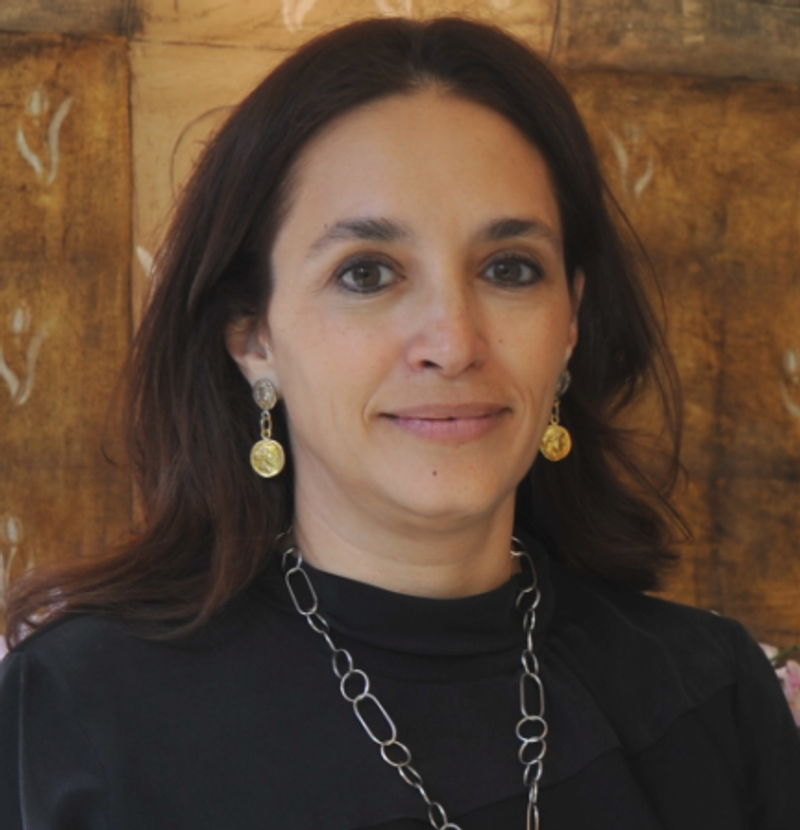Should Resilience Join the Curriculum?

When universities step beyond their walls, they can help communities rebuild — and reimagine the future.
“The Borders of Academia Evaporated: Columbia and Hatay Hand-in-Hand.”
So read the headline of an Antakya Gazette article from the region devastated by the 2023 earthquakes in Türkiye. The phrase captures something profound: universities and academics — often seen as distant and theoretical — can cross perceived boundaries to engage directly with real-world challenges.
When Disaster Strikes
In February 2023, two catastrophic earthquakes struck southeastern Türkiye, affecting more than ten million people. In response, Columbia Global launched the Resilience Fund, a bold initiative in academic engagement that asked, "How should a university mobilize its expertise to deliver meaningful, research-driven support in the context of natural or human-caused disasters?" The intent of this Fund is to rapidly mobilize various segments of the University community — faculty, students, staff — to come together in a coordinated manner to address such threats in meaningful ways.
Over the next two years, neuroscientists at Columbia’s Vagelos College of Physicians and Surgeons, supported by the Fund, introduced and evaluated trauma care for survivors — combining advanced brain imaging with therapy in collaboration with local psychologists. Public health experts tracked how displaced families accessed health services, identifying gaps and prioritizing vulnerable populations. Faculty from the Graduate School of Architecture, Planning and Preservation and the Climate School co-designed rebuilding strategies that addressed both seismic risk and community needs. Meanwhile, cultural heritage specialists used AI tools to identify and safeguard damaged historic sites — preserving not just structures, but the sense of belonging they represented.
These efforts are united by a shared belief: universities and academics can and must be active participants in supporting communities and building long-term resilience.
What We Have Learned
First, partnerships are critical. None of this work would have been possible without collaboration with local organizations, universities, NGOs, and community leaders. These partners ensured the projects proposed by Columbia faculty were grounded in real-world needs and designed for lasting impact. When academic expertise is open to inputs from others, it attracts greater support and yields more meaningful results.
Second, short-term interventions are not enough. Resilience is not built in months, but in years. It requires sustained investment, continued research, and a willingness to accompany communities as they rebuild — not just physically, but socially and psychologically.
Finally, university engagement can fill critical gaps in disaster recovery. It brings unique value: the capacity to bring innovations, generate new evidence, develop new technologies, and train the next generation of problem-solvers. In the context of the Fund’s work in Türkiye, Columbia students worked side by side with professors and partner organizations, embodying the idea that resilience is something to be learned, practiced, and passed on.
A Glimpse of What Academia Can Be
From its inception, Columbia’s Resilience Fund was designed not merely as a response to one disaster, but as a model for global recovery — one that can be adapted to crises worldwide.
The idea is simple yet powerful: combine the strengths of academic institutions — research, innovation, and education — with those of other expert institutions and communities — context, trust, and on-the-ground experience. The result is a partnership capable of addressing the complex, layered challenges of recovery and rebuilding.
Addressing the most urgent challenges of our time has always been central to the mission of research universities. As natural and man-made disasters grow more frequent and severe, the fundamental role of academia needs to be institutionalized into disaster response. After every catastrophic event, the focus rightly falls on emergency relief. However, when the initial enthusiastic response fades, the long road to rebuilding begins. This is where academic institutions can play a central role. True resilience is about building systems that are stronger, fairer, and better prepared for the future and that serve the impacted communities.
That is what Columbia Global set out to do through the Resilience Fund after the earthquakes — and in doing so, it has reshaped our understanding of what academia can contribute in times of crisis. When the next disaster strikes, we need not remain on the sidelines. Academia can stand hand in hand with communities — and help them build back stronger.
About the Author
İpek Cem Taha is the founding director of Columbia Global Center Istanbul. She is a Turkish businesswoman, journalist, and an active board member of leading Turkish and international organizations.
